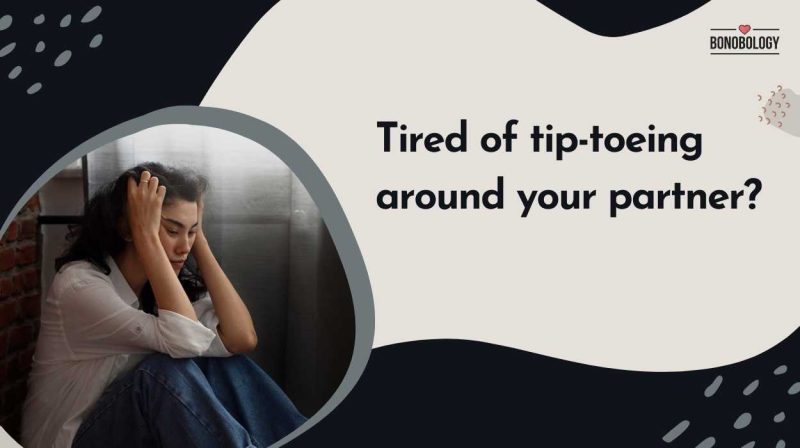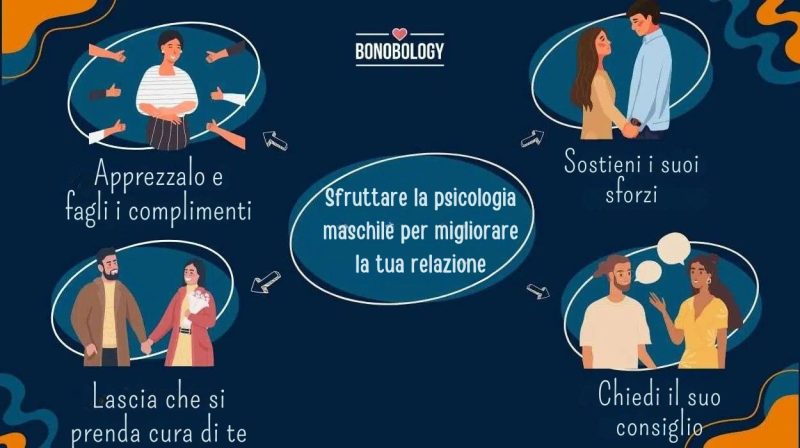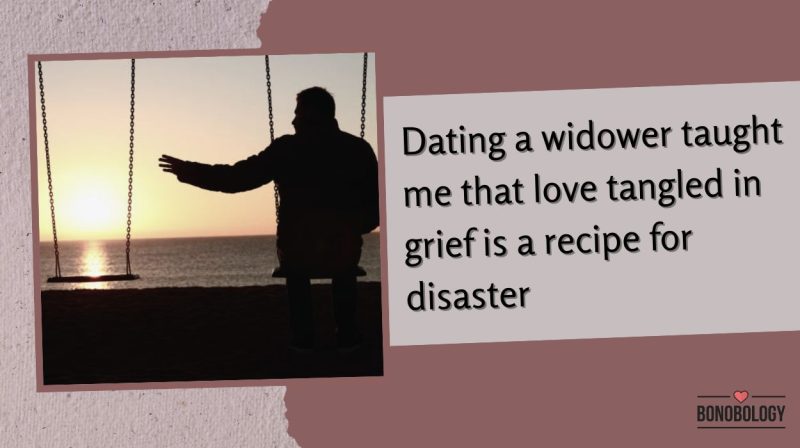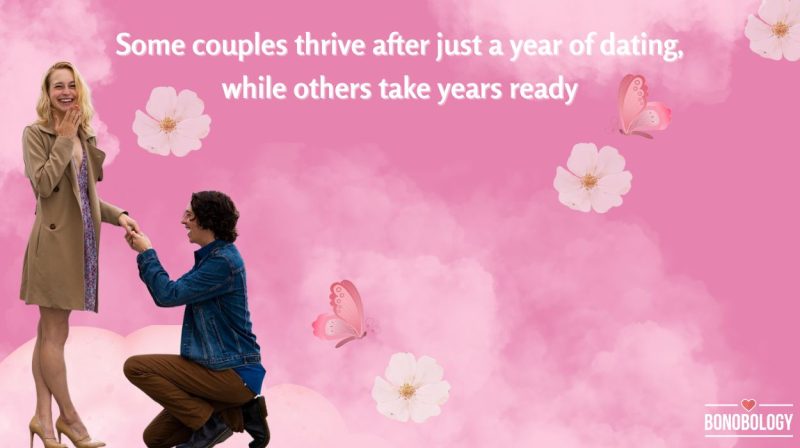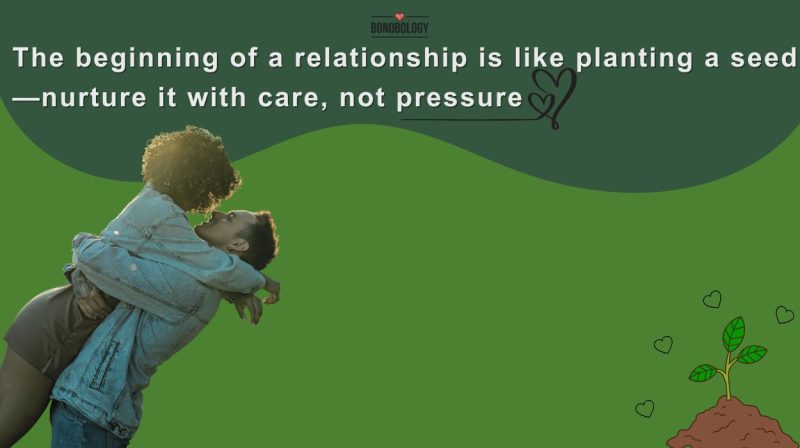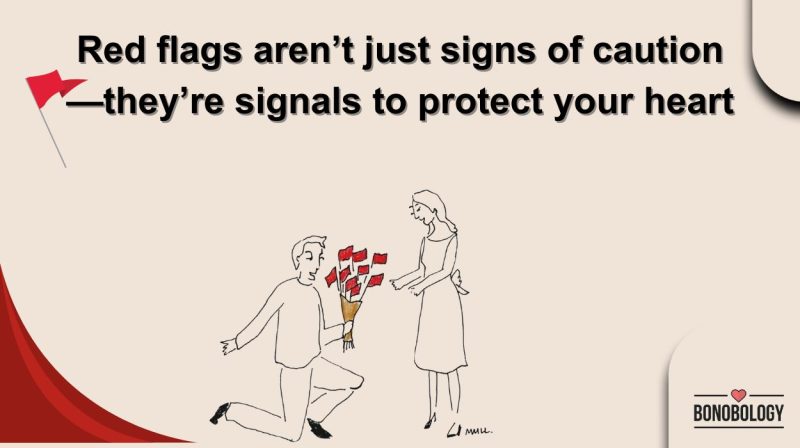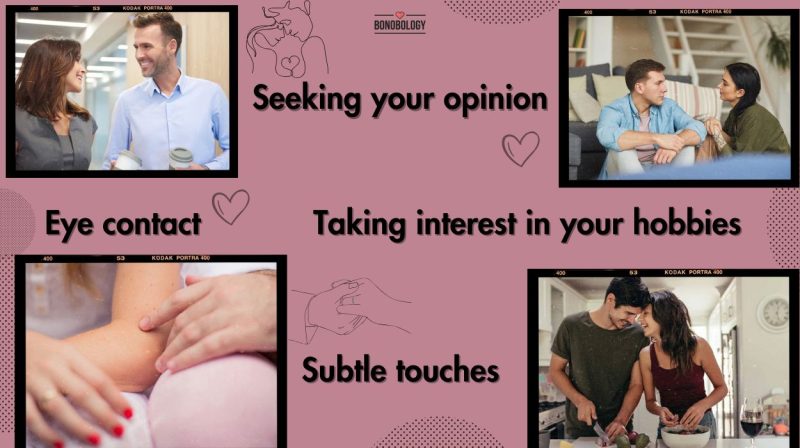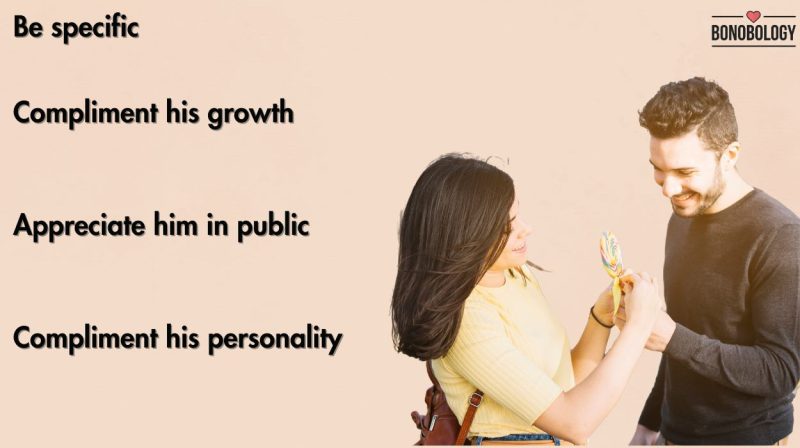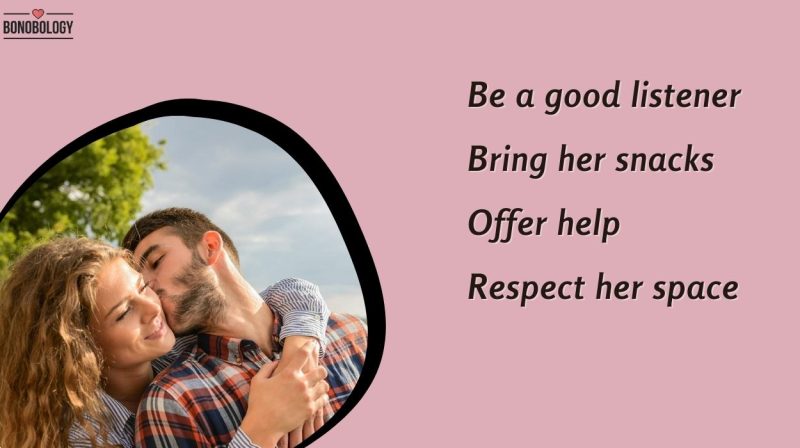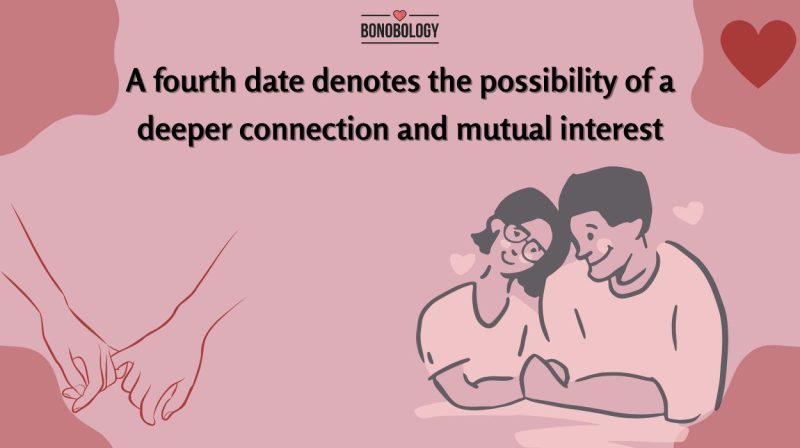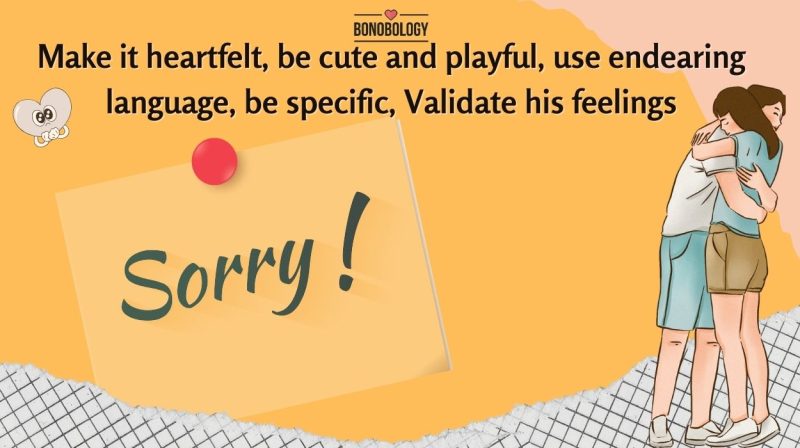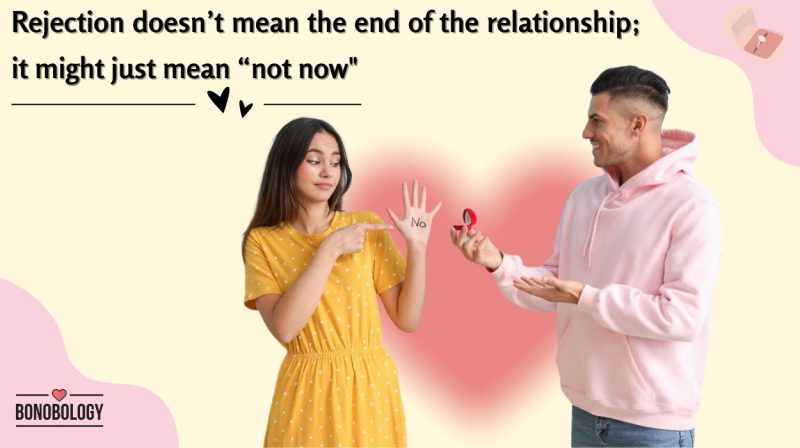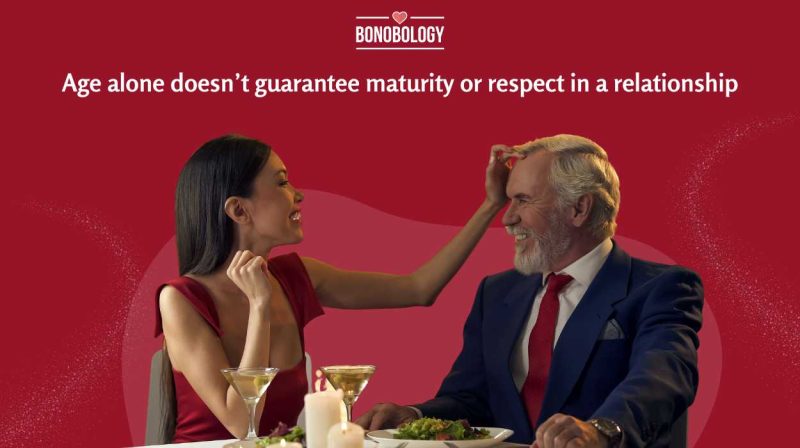Are you in a constant state of anxiety in your romantic relationship? Do you literally and emotionally tiptoe around your partner in case you upset them? Well, then, you’re probably in a walking-on-eggshells relationship. If you’re not familiar with the phrase, imagine actually walking on eggshells. You’re terrified of breaking them, of creating a mess that you will probably have to clean up alone. If this is how you’ve started feeling in your relationship, you’re definitely walking on eggshells.
If you’re thinking about the signs of such a relationship and trying to gauge the walking on eggshells meaning, we’re here to help. We talked to counseling psychologist Kavita Panyam (Masters in Psychology and international affiliate with the American Psychological Association), who has been helping couples work through their relationship issues for over two decades, for tips and tricks on navigating this delicate relationship and taking care of yourself in the process.
What Does It Mean To Walk On Eggshells In A Relationship?
Table of Contents
We ask Kavita, what does it mean to walk on eggshells with someone? She explains, “When you’re overtly and covertly careful around someone because they’re too sensitive, you’re walking on eggshells, meaning you watch your words, how you behave, how you interact, even what you wear, and what you think.
“It’s usually around narcissists that people walk on eggshells because they can sense overt and covert behavior and pick on you. When you are in a narcissistic marriage, you’ll find that your spouse can be unpredictable. So those who are close to them are constantly treading on eggshells trying not to upset them. People around whom we walk on eggshells get upset quickly, even over things that are barely worth a discussion. They are controlling by nature, very emotional, often selfish, and prone to anger issues and abuse.”
Kavita adds, “If you’re constantly walking on eggshells at home around your partner, you become careful about what you say and do. You cannot be your authentic self, and you’re constantly guarded around them. You start operating from a place of barricades, not boundaries.
“We start treading on eggshells when our intimate partners are judgmental, critical, and prone to angry outbursts. They pull down our self-worth and confidence, leaving us with an identity crisis. It’s also important to remember that these people themselves operate from a place of inadequacy. Just because they have intense insecurities and feel unattractive or incompetent, they try to bring us down as well.”
Related Reading: 21 Ways To Tell You Have A Narcissist Husband
12 Signs You Are Walking On Eggshells In Your Relationship
We have seen many such toxic relationships where one partner always avoids getting in the other’s way because they are not sure which action or choice of words might trigger their partner to react erratically.
The effects of walking on eggshells can go so far as to ruin the core essence of a relationship. Eventually, the intimacy among couples fades away leading to the final nail in the relationship coffin. While we’ve gone extensively into the walking on eggshells meaning, here are some specific warning signs and red flags to look out for:
1. You’re always on high alert about upsetting your partner’s mood
“My wife is a strong-minded, opinionated person, and it was one of the main reasons I fell in love with her,” says Brian, a blogger from Kentucky. “But once we got married and were sharing a living space, I was constantly walking on eggshells at home. She went from being strong-minded to severely critical, was always screaming at how I did everything wrong, and never measured up to her standards. Anything I did or said was wrong, or not enough.”
- “In a walking-on-eggshells relationship, one little setback can lead to a major downward spiral,” says Kavita. “You start cringing around your partner because any small thing you do or say can lead to severe repercussions – anger, tears, reproaches – for days or even months.”
- They may resort to emotional stonewalling. And there may come a point where you start maintaining silence just to uphold the peace

2. You second-guess yourself
The effects of walking on eggshells with your partner can badly damage your level of confidence in the long run, even if you don’t realize that while in the relationship.
- You’ll find yourself unable to make strong decisions. You’ll lose faith in your own ability to be competent or be successful at what you do
- Constant criticism and living in fear eat away at your self-esteem, which means that every time you think of doing anything, you second-guess yourself. It could be something as small as picking out a restaurant for dinner or a major life decision like changing jobs. You’ll go one way, and then the other, because your mind has gotten used to being told it’s no good
3. Your relationship has trust issues
Trust is a major pillar that holds up all healthy relationships, romantic or otherwise. Casey, a 26-year-old reader from Dallas, says, “Whenever I thought of trust issues, I thought of cheating and infidelity. But then, I started living with my partner, and I was constantly walking on eggshells. He didn’t trust me to make good decisions and do the right thing. I didn’t trust him to be understanding or kind or empathetic. Worst of all, I lost trust in my own ability to be a strong, independent person. I’ve never looked at trust the same way since then.”
- When you have to walk on eggshells around someone all day, you won’t be able to open up to them about sensitive issues like your emotional distress or insecurities. Because far from being supportive or understanding about it, your partner always puts them on a scale of hierarchy and trivializes the matter
- “At any given moment, a walking-on-eggshells relationship can cross over into abuse,” warns Kavita. “You will not feel seen, you will not feel heard. Partners who force you to walk on eggshells are often highly manipulative, and their abusive behavior, no matter how subtle, will give you low self-esteem and demean your self-worth. In other words, they betray your trust both in them and in yourself”
Related Reading: 8 Signs You Have A Controlling And Manipulative Husband
4. You constantly edit your thoughts and speech when you walk on eggshells around someone
Saying hurtful things in a relationship is never ideal, and needs to be avoided as much as possible. But what if you’re constantly checking yourself before you speak? Or even checking your thoughts before they’re fully formed? What does it mean to walk on eggshells with someone? Well, one sign is that you’ll have an internal editor constantly plaguing your existence. Because God knows how your partner might react or how they’ll play off your relationship insecurities.
- You have learned from past experiences that they will find a way to take even amiable comments the wrong way and get offended. Incidents like these make it quite evident that you are constantly walking on eggshells around your partner
- Treading on eggshells in a relationship is like being in an emotional bind where you’re never free to speak your mind or even think your own thoughts because you’re tired of them making a scene out of nothing
5. There’s no stability, as you never know what could set your partner off
Unpredictability is a trademark behavior of narcissists and master manipulators. In a relationship meant to be built on trust, we do expect a certain level of stability and peace. Sudden, volatile behavior upsets both our individual equilibrium and that of the relationship.
- Keeping a partner uncertain is a way of controlling the relationship
- When you’re always in a state of limbo, wondering what to do and how to avoid an unpleasant situation, you’re less likely to focus on yourself and your own happiness, making you more dependent on your partner
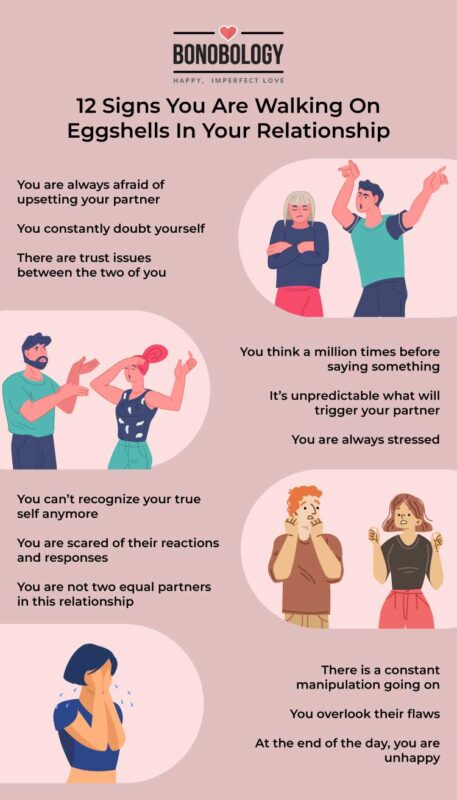
6. Your mind and body are constantly worried
Love and intimate relationships aren’t easy at the best of times. They come with their share of troubles and side effects. But a healthy relationship will also be freeing and joyful most of the time. When you’re walking on eggshells, you’re always trying to stay on your partner’s good side or stay out of their way, so you’ll constantly feel tensed. You may even feel trapped in the relationship.
- This could manifest in physical symptoms such as finding that you’re walking around with your shoulders hunched, your neck in a spasm, and your hands balled into fists. You could feel hitches in your breathing, your stomach always in knots, and you had trouble falling asleep
- Constant tension eats away at your peace of mind and leaves you perpetually exhausted. In a walking-on-eggshells relationship, this could be the way you always are
7. You’ve lost your core identity
What does it mean to walk on eggshells with someone? You lose all sense of self. A line from a favorite movie of mine says, “Being in love is about being yourself, only with someone else.” It sounds simple enough, but I always find it to be one of the deepest, most complex truths about identity and intimacy.
- When you’re treading on eggshells in your relationship, you tend to become a manifestation of how your partner sees you. If they’re constantly criticizing you, you start to feel that you really are no good
- If you’re constantly watching what you say and do, you lose all sense of original thought and feeling. The fact that you are disparaging your self-worth, holding yourself back from expressing your opinion – and all that only to not upset someone – are signs you’re walking on eggshells
8. You are unable to express vulnerability and spontaneity
At some level, most of us seek and enjoy approval from those we love. We want to please them, and we want them to like and celebrate who we are and what we do. When the responses are not what we expect, there can be a sense of intense disappointment and relationship doubts.
- In a walking-on-eggshells relationship, this gets dialed up in a major and disturbing manner. When you’re afraid of how they’ll respond all the time, you’ve already internalized that disappointment and self-doubt
- You’re already prepared to be told that everything you’ve done is wrong
- Constantly walking on eggshells can affect your future relationships too. This habit of tiptoeing from past relationships will make it difficult for you to ever have a spontaneous conversation or be vulnerable in fear of being judged
Related Reading: Are Men Turned Off By Feminists?
9. A walking-on-eggshells relationship has no equality
“If a partner is constantly critical of you, you don’t share a healthy connection. There is no equality and no respect. Even if there is respect, it is forced rather than natural. And while you can respect someone without loving them, you cannot love someone without respecting them. Soon, it becomes a dominant-submissive relationship where you are the constant submissive,” Kavita says.
- There is no such thing as a perfectly equal relationship. Power imbalances sneak in no matter how woke you think you are, because we’re so deeply conditioned into certain roles and beliefs. But when you’re constantly treading on eggshells around your partner, you realize that you’re mostly giving up all your power to them, pushing the relationship unhealthily out of balance
- This level of manipulation definitely counts as emotional abuse and will have you perpetually walking on eggshells. What’s worse is that constant uncertainty and fear render you incapable of recognizing what’s being done to you
- Even if you do recognize it, it’s entirely possible you’ll be stripped of the emotional and financial resources to do anything about it
10. You start feeling that you’re constantly manipulated
As we’ve said, partners who constantly have you walking on eggshells are often narcissistic and masters of manipulation. This means they will do everything in their power to control your behavior and keep you dependent on them as much as possible. If a boyfriend says he is walking on eggshells, or a girlfriend feels like she is being controlled in her relationship, it’s a sign that they are being manipulated and are thus, constantly treading on eggshells
- Romantic manipulation can be overt, which means your partner could straight up tell you you’re no good and too weak/incompetent/unattractive to make your own place in the world. Or, it could be more subtle
- Signs of this include cutting off access to finances, making ‘casual’ hurtful remarks, or causing you to withdraw from friends, family, and your wider social network and support system

11. You feel guilty while you overlook all their flaws
“My partner’s not the best, but…” is a sentence that comes up very often when people walking on eggshells are trying to defend their relationship and their partners. Again, no one’s perfect, and in a healthy relationship, looking for perfection isn’t a great way to go about things. It is important, however, to acknowledge and address each other’s flaws, especially if they are detrimental to the relationship and your own mental health.
- In a walking-on-eggshells relationship, you’ll find yourself overlooking all their flaws. Even if you zone in on a flaw in your mind, you’ll probably be too fearful to articulate it
- Your partner may have convinced you that they are superior in every way, that any redeeming qualities you have are because of their reflected glory
Related Reading: Should You Stay In An Unhappy Marriage With Kids?
12. You’re not happy when you walk on eggshells around someone
“Such relationships hamper your quality of life,” says Kavita. “If you’re always cautious and fearful of being in the wrong, you start seeing yourself as someone worthy only of rejection. And then you nurture a strong inner critic that leads to a low life drive. You’ll keep getting flashbacks of the hurtful things your partner said to you and you’ll start to feel bad no matter where you are. This is an emotional repercussion of what happened earlier because your feelings are unprocessed. Constant flashbacks could even lead to eventual depression.”
- Joy is sometimes the most easily sacrificed emotion, especially if you have to walk on eggshells around someone. We’re rarely taught that happiness is a fundamental right in everyone’s life
- And in so many cases, when you’ve found a partner, it’s easier to remain with what you know than to step out and find or reclaim your joy
- In a relationship where you’re always walking on eggshells, you’ll always be conscious of a nagging misery, little pinpricks of resentment and anger that tell you you’re not happy
How to Deal With Walking on Eggshells
It’s impossible to be in an intimate relationship without occasionally upsetting or setting your partner off. As flawed human beings, we’re wired to get upset and behave irrationally on occasion. However, ask yourself if your partner is always in that headspace. And what should you do if you’re treading on eggshells every second of every day?
1. Acknowledge your feelings
When you have to walk on eggshells around someone, you will be so busy minding your own actions that judging theirs will seem like a giant task.
- The first step is to acknowledge that you are indeed feeling anxious, tense, and overtly careful around your partner. The list above is pretty comprehensive and will help you stop walking on eggshells around them
- The other step is to identify if your anxiety is because of a past trauma that is manifesting in your relationship or because your current relationship is slowly becoming toxic
- Overlooking your partner’s mistakes and magnifying your own, even though you are hardly wrong in most cases, is one of the major signs you’re walking on eggshells. Using empirical evidence will help you identify the area where you need to work
Related Reading: 15 Warning Traits Of A Serial Cheater – Don’t Be His Next Victim
2. Be mindful of your reaction to your partner’s negativity
Olivia, a 27-year-old high school teacher, says, “I once dated a man with a narcissistic personality for four years. Throughout that period, he kept passing negative remarks about my capabilities as an educator and all the other life choices that I made. I even gave up on my passion for photography as he convinced me that my work was pretty average.”
- Decide that you will stop walking on eggshells. Do not give in to your partner’s irrational demands. Do not make any decisions simply to pacify them. Do not take their criticism personally
- Try to learn the reason behind their criticism. It’s possible that they don’t know how to let out their feelings without disruption
- Do not be scared to show your genuine reaction to their hurtful words or actions and let them know when they cross a boundary
3. Communicate with your partner about how afraid you feel around them
“Every time I ask my partner a question, I realize I’m cringing in anticipation of what she’ll say,” says Mike, a winemaker from California, “It’s like I’m asking permission to ask a question in the first place, and I’m afraid I don’t even have that right. In a walking-on-eggshell relationship like ours, there’s nothing you can ever do that will elevate your partner’s mood.”
- Do not assume that communication is not possible. But it certainly becomes more difficult the more passively you respond
- Walking on eggshells in a relationship makes you question every decision you take, and if you are stuck in a walking-on-eggshell relationship for a long time, you might even find yourself handing over all decisions to your partner, thereby skewing the relationship power dynamics even more. Do not give them control of your life
4. Seek support
Do not be shy about seeking adequate support to stop walking on eggshells in your relationship. “It felt like a cloud of doom loomed over me and my relationship all the time,” says Gretchen. “I was always so miserable, so anxious, so uncertain. And I could never quite pinpoint why. It took years of therapy and introspection to recognize that I was in an emotionally abusive relationship and was walking on eggshells to navigate it.”
- Talk to your family and friends about your partner’s behavior. This relationship can make you feel terribly lonely, leading to anxiety and depression, so talk about it with people you love and trust
- If you are looking for professional help, skilled and experienced counselors on Bonobology’s panel of experts are here for you
- According to the National Domestic Violence Hotline, an abusive partner is unlikely to change. Thus, do take the help of a friend if you do not feel safe
5. Decide on the next course of action
Of course, the best love stories come with their share of tears, losses, and arguments. But the basis of a healthy love affair is that both partners are truly, deeply happy. And if you are miserable from walking on eggshells around husband, wife, or partner, maybe it’s time to reconsider the future of this relationship.
- Organize your accounts, ownership of property, and other things that you own individually and jointly
- Think about how you’re going to support yourself. At the very least, make sure you have enough savings to stay afloat for the next six months without your partner
- Walking on eggshells around husbands or wives is even worse, given that your lives are intertwined by all means. In this case, you may need legal counseling
Is It Better To Leave A Relationship When You Feel Like You’re Walking On Eggshells?
“Leaving an abusive or codependent relationship is certainly an option if there are not too many constraints such as finances or other matters. Living with such a person who makes you walk on eggshells is not helpful for your mental health. I do advise going to a lawyer for the pros and cons of moving out,” Kavita says.

She adds, “If leaving is not an option, it’s important to set boundaries and seek help for yourself. Come out of a codependent marriage or relationship, even if you have to live under the same roof. You live only once, so live as happily and as peacefully as you can.”
Kavita strongly advocates seeking professional help, either individually or as a couple. She says, “Long-term effects of a walking-on-eggshells relationship could include major anger issues. Unchecked anger becomes internalized anger, and you could indulge in self-harm and treat yourself badly. This can cause a lot of downward spiraling and get you stuck in the emotional debris of an unhealthy relationship.
“In the long run, if you can stop walking according to their whims, if you are resilient, and if both of you can go to therapy, there is hope for healing, even if you don’t continue the relationship. Mind you, narcissists will never seek help because they feel they can do no wrong. But it is possible that the partner who is causing you unease themselves has hidden trauma in their life. If that’s the case, then they too can become functional and empathetic if they seek help.”
Key Pointers
- Walking on eggshells in a relationship means that you’re constantly anxious about triggering your partner
- This can be tiring and detrimental to your self-esteem, and physical and mental health
- Healthy relationship boundaries are a must if you’re going to retain your happiest, most authentic self
- If you have been suffering chronic anxiety due to constant self-guessing in the relationship, then it may not be a bad decision to take a step back
Not even a long-term relationship is worth sacrificing your peace of mind and your authentic self. You do not need anyone to feel complete. If there are circumstances that prevent you from leaving, get all the help you need, reach out to loved ones, and form your own support group. You are always worth it.
FAQs
If you are in an unhealthy relationship where your partner completely ignores your mental peace and focuses on judging you, saying harsh words, belittling your efforts or achievements, or showing anger at trivial matters, you may feel like walking on eggshells trying not to trigger them.
Making your partner walk on eggshells is abusive, which may come in different forms, be it verbal, financial, physical, or emotional abuse. A narcissistic or manipulative person could also resort to the silent treatment to intimidate their partner. It affects the mental and physical well-being of the bullied partner, ruining their self-worth, confidence, and ability to make a decision or trust someone ever again.
9 Things To Do When Every Conversation Turns Into An Argument
Your contribution does not constitute a charitable donation. It will allow Bonobology to continue bringing you new and up-to-date information in our pursuit of helping anyone in the world to learn how to do anything.

